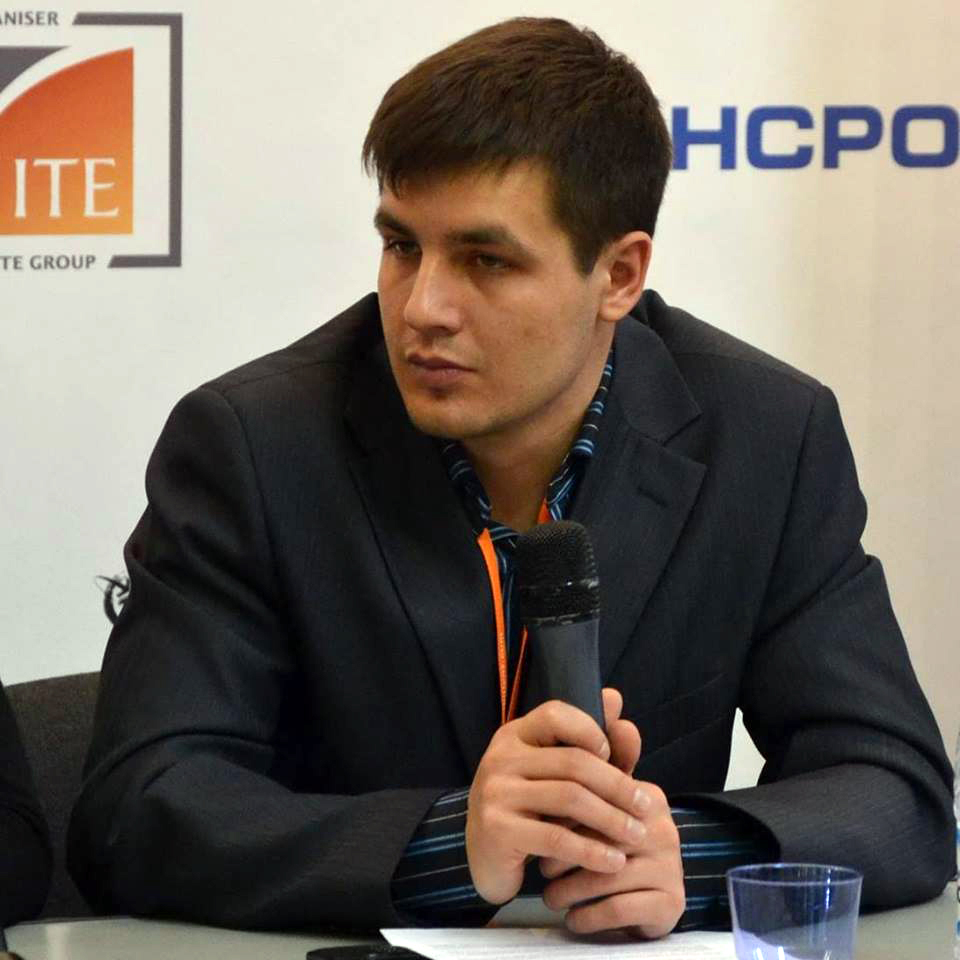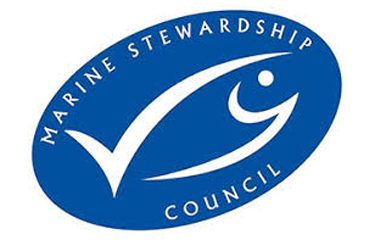Two Russian fisheries – shrimp and walleye pollock – have obtained full Marine Stewardship Council (MSC) certification and a right to use the eco-label on their products.
The two products are primarily exported to European and Asian markets. Increased demand for the products in those markets, which often require MSC certification, led to the two Russian client groups pursuing the certification.
The client for Barents shrimp, caught in the Barents Sea, was the Fishing Industry Union of the North (FIUN), an umbrella organization representing 17 companies involved in dealing with the species. In recent years, stocks of the shrimp, which is fished by Norway, Iceland, the Faroe Islands, and some European Union countries, have increased significantly, along with its price.
In late 2020, FIUN contacted MSC to initiate the assessment process. In its final report published on 1 September, MSC granted the fishery its certification for five years. According to MSC, while the yearly recommended catch for the species was just 70,000 metric tons (MT) in 2015 to 2019 – up 10,000 MT when compared to the period spanning 2011 to 2015 – it was increased to 148,000 MT for 2020. Russia’s catch was only 7,010 MT in 2017 before jumping to 23,126 MT in 2018, 23,925 MT in 2019, and 16,500 MT in 2020.
MSC found that the key strengths of the fishery were “a high degree of certainty that the stock has been fluctuating above the minimal sustainable yield (MSY) in recent years,” and the fact “the use of a selector grid ensures the fishery is quite clean, with no main primary or secondary species.”
MSC also said that information for primary species, including up-to-date stock assessments, was “very good,” and that there is a very extensive information base on habitats and the ecosystem within the Barents Sea.
But it also highlighted some weaknesses, including “the absence of an explicit harvest control rule could in future impact upon the likelihood of achieving the overall stock management objectives” and the fact that “the absence of a more-complete time series of catch data" that offers more detailon its impact on endangered, threatened, and protected (ETP) species.
The second recent MSC certification in Russia was for the Kuril Islands Pelagic Trawl and Danish Seine Pollock (Gadus chalcogrammus) fishery, submitted by Gidrostroy – one of the biggest country’s fishing companies.
The assessment was carried out by SCS Global Services (SCS), a third-party conformity assessment body. The final report, published in August, said that the Kuril Islands Trawl and Seine Pollock Fishery – a commercial fishing operation with 33 vessels, including 26 pelagic trawlers and seven Danish seine vessels – meets the minimum requirements for certification.
The assessment body concluded that fishery “meets the minimum requirements for being awarded certification, which includes meeting the [standards] for all performance indicators."
Some shortfalls of the fishery were identified in the certification process, with further recommendations made for improvement. Six conditions were set on the certification, mostly concerning the minimization of mortality of ETP species, the collection and use of information on impacts on ETP species, and the impact on common habitat structure.
Gidrostroy processes nearly 150,000 MT of seafood a year, with 100,000 MT of this volume coming out from “Krabozavodsk," which was launched in 2019. The volume includes all the species the company fishes – pollock, iwashi, cod, and mackerel.
In 2018, Gidrostroy purchased one of its main competitors, Preobrazhenskaya Basa Tralovogo Flota. In 2009, the company became the first Russian fishery to obtain an MSC label for salmon.







